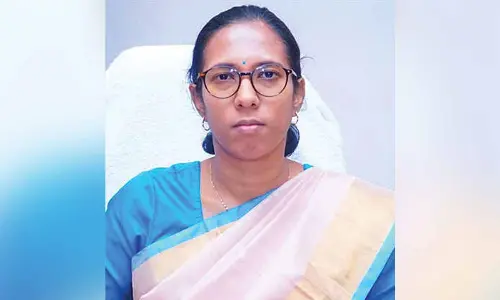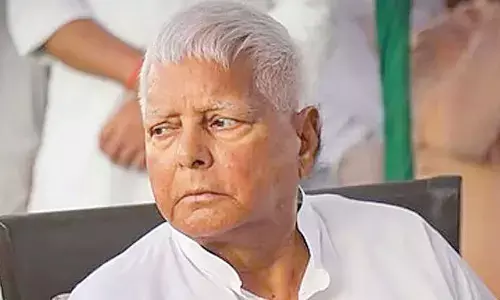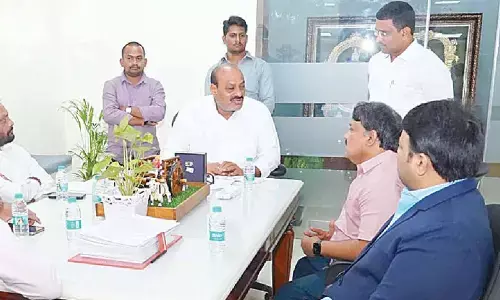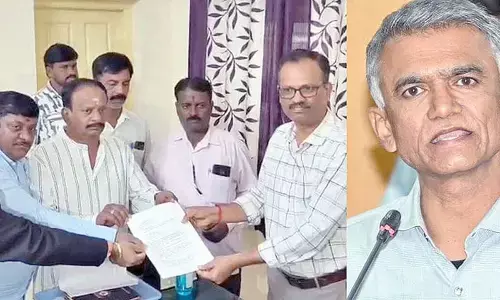Earlier verdict cited by Yogi for 'love jihad' not good law: High Court
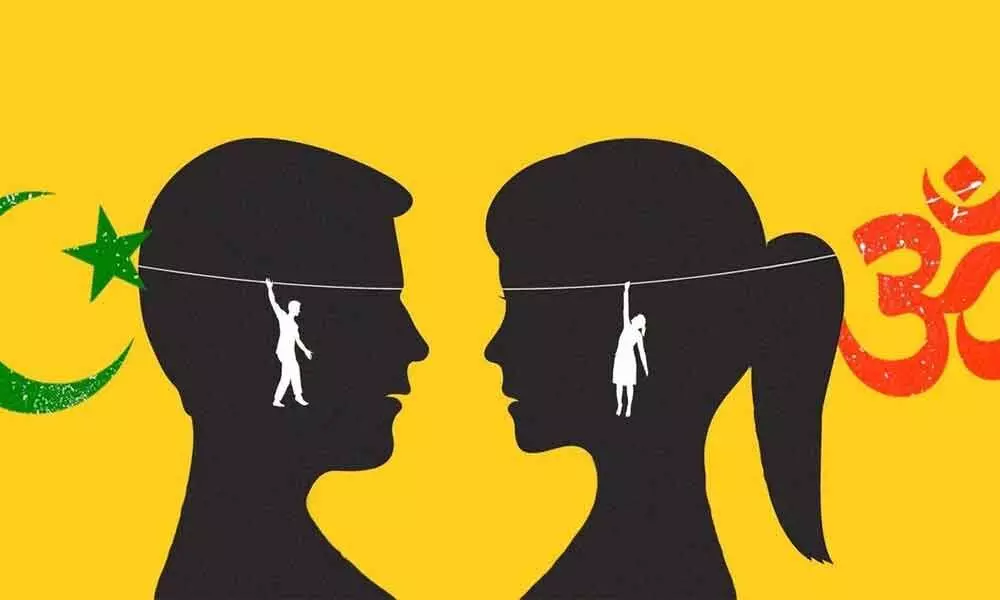
Earlier verdict cited by Yogi for ‘love jihad’ not good law: High Court
'We fail to understand that if the law permits two persons even of the same sex to live together peacefully then neither any individual nor a family nor even State can have objection to relationship of two major individuals who out of their own free will are living together'
Lucknow: In a significant judgment, the Allahabad High Court has reiterated that a person's right to live with people of their choice, irrespective of religion, is intrinsic to their right to life and personal liberty guaranteed by the Constitution.
A bench comprising Justices Pankaj Naqvi and Vivek Agarwal ruled that two of its earlier verdicts — which said that religious conversion solely for the purpose of a marriage was prohibited — are incorrect and do not lay down "good law", according to The Print report.
The judgment assumes significance as Uttar Pradesh Chief Minister Yogi Adityanath had cited the HC's observations while announcing that he would bring in a law on "love jihad".
The Uttar Pradesh government on Tuesday approved the draft of a stringent law to deal with religious conversion for the sake of marriage, which BJPleaders refer to as 'love jihad'.
In the verdict passed on 11 November, the court observed, "Right to live with a person of his/her choice irrespective of religion professed by them, is intrinsic to right to life and personal liberty. Interference in a personal relationship, would constitute a serious encroachment into the right to freedom of choice of the two individuals."
It also advocated against State interference in a relationship between two adults, noting, "We fail to understand that if the law permits two persons even of the same sex to live together peacefully then neither any individual nor a family nor even State can have objection to relationship of two major individuals who out of their own free will are living together."
It asserted that an adult's decision to live with another adult of their choice is "strictly a right of an individual", and that a breach of this right would amount to a breach of their "fundamental right to life and personal liberty as it includes right to freedom of choice, to choose a partner and right to live with dignity as enshrined in Article 21".
The high court also relied on the Supreme Court's judgment in the Hadiya case, to observe that "the Apex Court has consistently respected the liberty of an individual who has attained the age of majority".
The court was hearing a petition filed by a couple — Salamat Ansari and Priyanka Kharwar (now Alia) — who tied the knot on 19 August 2019 after Kharwar converted to Islam. However, her father filed an FIR against Ansari, his mother and brother, under various provisions of the Indian Penal Code (IPC) including Sections 363 (kidnapping), 366 (kidnapping, abducting or inducing a woman to compel her marriage), 352 (assault) and 506 (criminal intimidation), along with provisions of the Protection of Children from Sexual Offences (POCSO) Act. The couple had approached the court asserting that both Ansari and Alia are adults and have willingly tied the knot.
Meanwhile, a Special Investigation Team probing cases of alleged "love jihad" in Kanpur has found criminality in 11 out of the 14 instances but found no evidence of foreign funding or organised conspiracy, a senior police officer said.








